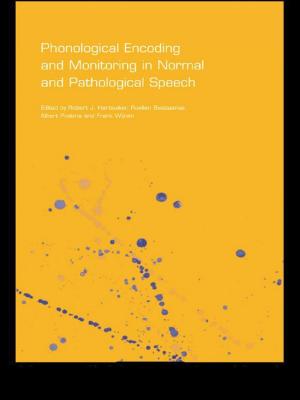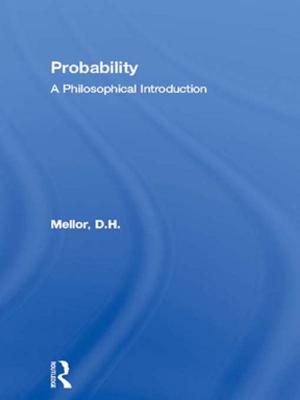Poland Within the European Union
New Awkward Partner or New Heart of Europe?
Nonfiction, Social & Cultural Studies, Political Science| Author: | Aleks Szczerbiak | ISBN: | 9781134179022 |
| Publisher: | Taylor and Francis | Publication: | April 27, 2012 |
| Imprint: | Routledge | Language: | English |
| Author: | Aleks Szczerbiak |
| ISBN: | 9781134179022 |
| Publisher: | Taylor and Francis |
| Publication: | April 27, 2012 |
| Imprint: | Routledge |
| Language: | English |
This book examines the first five years of Polish EU membership. The combination of Poland’s potential power as a major, and possibly controversial, player in both the region and Europe as a whole, and the apparent salience of Euroscepticism in domestic electoral politics at the core of the Polish government and party system presented the possibility that Poland would be a ‘new awkward partner’ in Europe. However, although Poles may have voted for EU-critical parties in large numbers no ‘Eurosceptic backlash’ has emerged. In fact, far from being a ‘new awkward partner’, Poland has tried to portray itself as the ‘new heart of Europe’ and it certainly came to be increasingly perceived as such in Brussels and by its European allies.
This book focuses on two linked questions. Firstly, what impact has Poland had upon the EU as a new member state? Secondly, how has becoming an EU member impacted upon public attitudes towards the EU and Polish domestic politics, particularly on its party and electoral politics? Szczerbiak provides the first detailed empirical case study of the impact of Poland’s EU membership on its politics and of Poland's impact on the EU. The book also makes broader theoretical contributions to our understanding of EU relations with its member states.
As a result of the above, this book will be of interest to students and scholars of European Politics, political science and European integration.
This book examines the first five years of Polish EU membership. The combination of Poland’s potential power as a major, and possibly controversial, player in both the region and Europe as a whole, and the apparent salience of Euroscepticism in domestic electoral politics at the core of the Polish government and party system presented the possibility that Poland would be a ‘new awkward partner’ in Europe. However, although Poles may have voted for EU-critical parties in large numbers no ‘Eurosceptic backlash’ has emerged. In fact, far from being a ‘new awkward partner’, Poland has tried to portray itself as the ‘new heart of Europe’ and it certainly came to be increasingly perceived as such in Brussels and by its European allies.
This book focuses on two linked questions. Firstly, what impact has Poland had upon the EU as a new member state? Secondly, how has becoming an EU member impacted upon public attitudes towards the EU and Polish domestic politics, particularly on its party and electoral politics? Szczerbiak provides the first detailed empirical case study of the impact of Poland’s EU membership on its politics and of Poland's impact on the EU. The book also makes broader theoretical contributions to our understanding of EU relations with its member states.
As a result of the above, this book will be of interest to students and scholars of European Politics, political science and European integration.















